CIS sensing and IoT week
An increasing number of Internet of Things (IoT) and Wearable devices are developed and released into the market for uses such as environment, pollution, safety, and health monitoring. There are also a large array of sensors and micro controller IoT devices which are used in critical infrastructure monitoring and security settings.
In this CIS sensing and IoT week, students will use general sensors, Arduino boards, and/or mobile phones to create their own IoT infrastructure and wearable/sensing applications, focusing on important aspects such as security, privacy, efficiency, and accuracy. For this 'challenge', participants will be divided into small groups and work together towards a solution, which will be presented in front of a panel of experts at the end of the week.
Electronics Lab, Electronic Engineering building, Mile End Campus, Queen Mary University of London
Eng 209, Engineering building, Mile End Campus, Queen Mary University of London
| 18 April - Monday | |||
| 13:30-14:15 |
Registration Where: Eng 209 |
||
| 14:15-14:30 |
Opening remarks Where: Eng 209 |
||
| 14:30-15:30 |
Introduction to the Internet of Things (IoT) IoT focuses on a vision of more connected, different, things (or digital devices) than in previous visions of Internet. More things are part of the physical world that connect to form smart environments. Humans will use more different things (sensors, tags, cards, phones, actuator, wearables) to interact with the world. Machine to machine interaction will allow more physical things to interact with other things without human intervention. This talk will provide an introduction to IoT and explore this expanding technology. Video of the talk: [here] Where: Eng 209 |
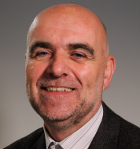 Stefan Poslad
Stefan Poslad
|
|
| 15:30-16:00 | Coffee break | ||
| 16:00-17:00 |
Internet of Things applications Sara Heitlinger and Nanda Khaorapapong During this talk will explore the Connected Seeds and Sensors project that investigates the ways in which the Internet of Things can support more sustainable food production and consumption in the city. Using participatory design methods, we co-create, conduct, and evaluate our IoT systems with Spitalfields City Farm, an urban grassroots food-growing community, as well as with the Women’s Environmental Network. We will use connected sensors and tracking technologies to support the telling of stories of seeds and plants, as well as the people who grew them. Where: Eng 209 |
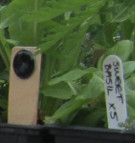
|
|
| 20 April - Wednesday | |||
| 10:00-12:30 |
Challenge development: mobile sensing 1 Practical activity supervised by an instructor. Implementation of the solutions to the 'challenge'. Where: Electronics lab |
||
| 14:00-15:00 |
Challenge issues: Q&A Experts support to solve common issues in the implementation of the challenge solutions. Where: Electronics lab |
||
| 15:00-17:00 |
Challenge development: mobile sensing 2 Practical activity supervised by an instructor. Implementation of the solutions to the 'challenge'. Where: Electronics lab |
||
| 21 April - Thursday | |||
| 10:00-17:00 |
Challenge development: integration of Arduino and mobile sensing Practical activity supervised by an instructor. Implementation of the solutions to the 'challenge'. Where: Electronics lab |
||
| 14:00-15:00 |
Cities as playgrounds for IoT technology
This talk will focus on advances of experimental IoT deployments in urban environments. It will highlight emerging key IoT technologies, standards and initiatives in the UK and around the world and discuss technical and socio-economic challenges that currently hamper the advance of the smart city market. Where: Eng 209 |
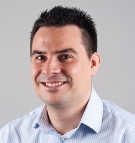
Alex Gluhak |
|
| 15:00-15:30 | Awards and prizes | ||
| 15:30-17:00 |
Drinks and nibbles Where: Eng 207 |
||
| Programme organisers | Challenge organisers | Helper | |||
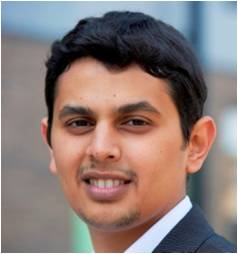
|
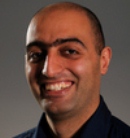
|
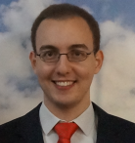
|
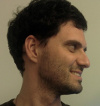
|
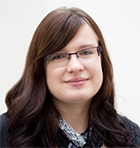
|
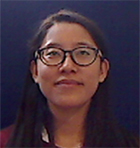
Rui Zhang
|